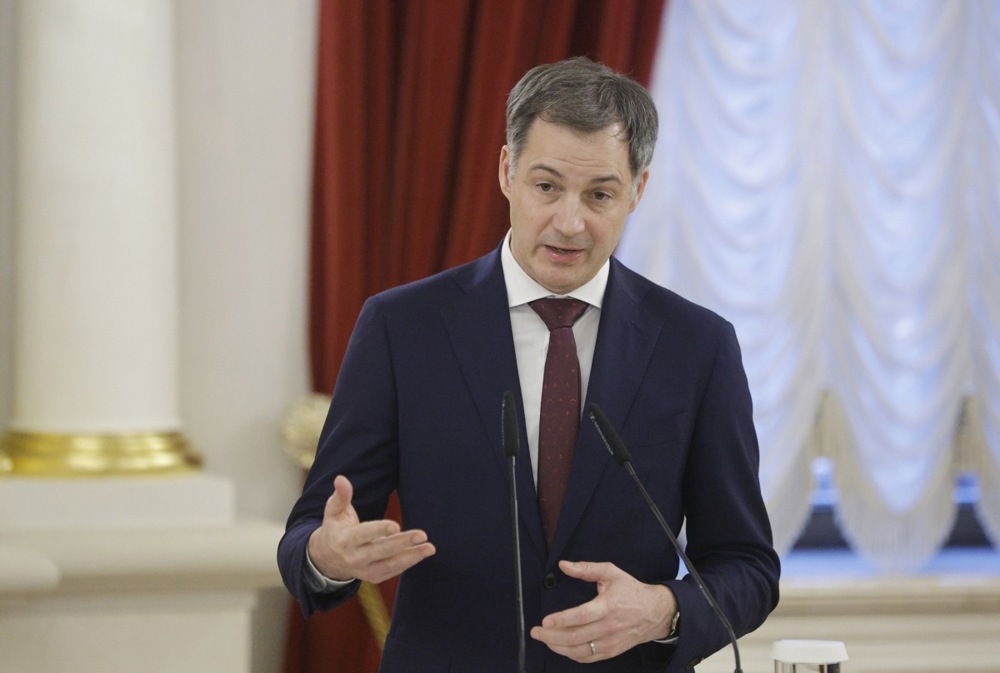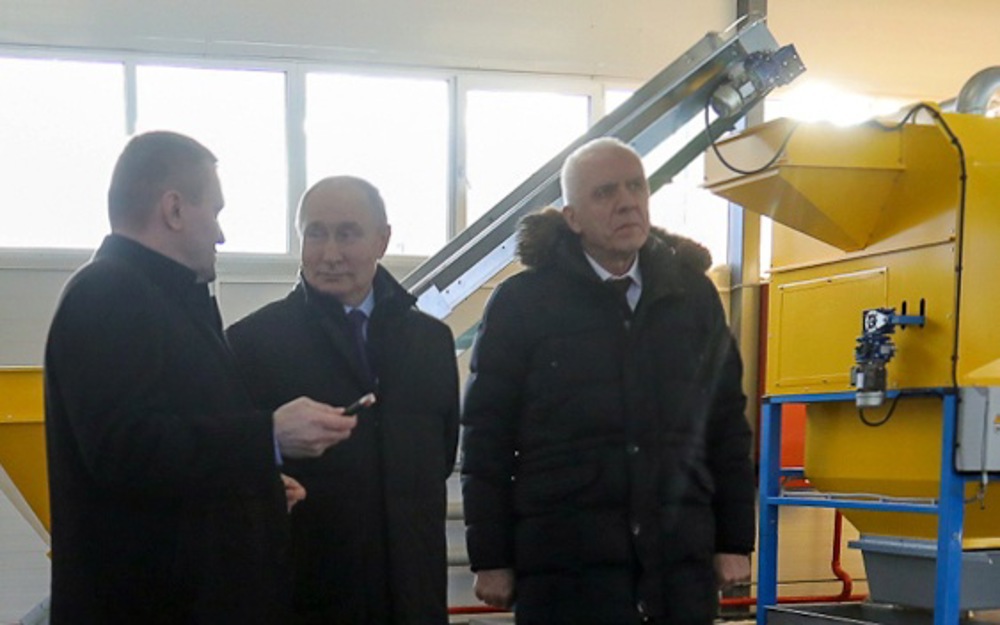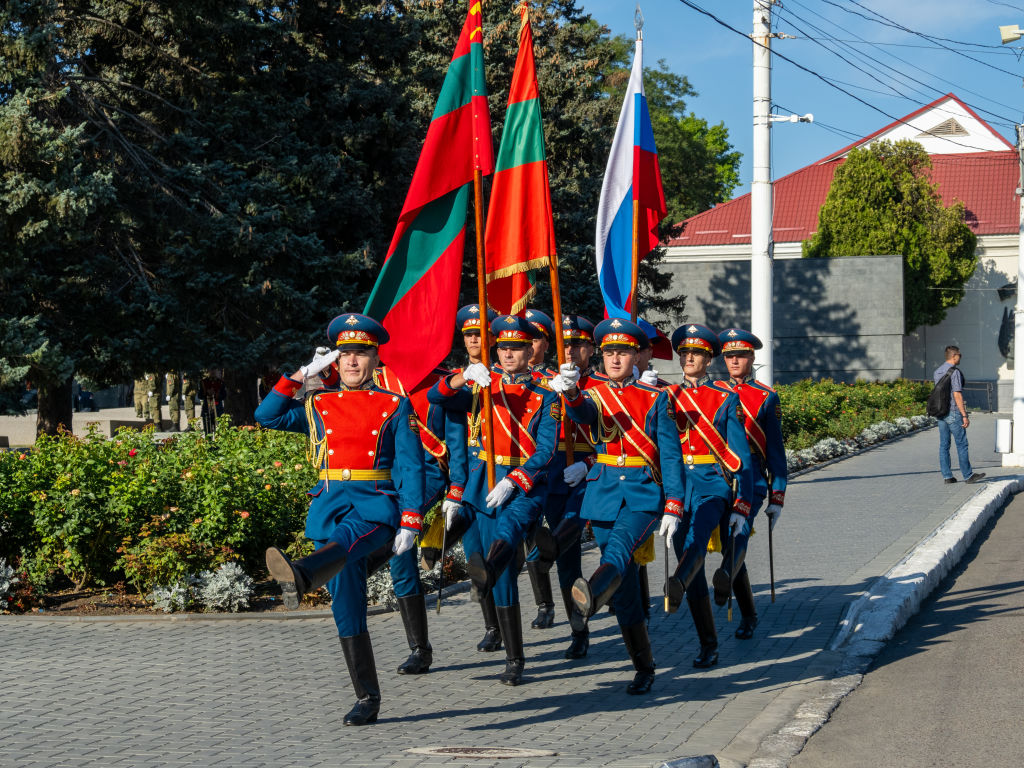Czech intelligence services have accused politicians of accepting payments from a Russian influence operation, according to Czech and German media.
The Czech Security Information Service told the country’s government that a Russian influence network was trying to influence the upcoming European Parliament elections through Prague, Deník N and Der Spiegel reported March 28.
Moscow has attempted to exert influence across the EU using a Czech-based website, according to the reports.
The operation was announced on social media by Petr Fiala, Prime Minister of the Czech Republic. “These are sensitive matters”, he added. “Surely, you will understand that I cannot share too many details.”
We have uncovered a pro-Russian network that was developing an operation to spread Russian influence and undermine security across Europe. Therefore we added two individuals and one legal entity to the sanctions list. Domestic authorities subsequently seized their assets.
The…
— Petr Fiala (@P_Fiala) March 28, 2024
Deník N and Der Spiegel are reporting that several of politicians accepted payments.
One is allegedly an MP in the German Bundestag. The Brussels Signal contacted the MP and the AfD party headquarters by e-mail, telephone, and on Twitter/X asking for a response to these allegations, but did not receive a reply.
According to Der Spiegel, several hundred thousand euro has been paid to politicians in six EU states, including Germany, France, Poland, and the Netherlands. The money was allegedly partly handed over in cash during meetings in Prague, and in part transferred by cryptocurrency.
Half a dozen European intelligence services were involved in unmasking the Russian influence operation, says Der Spiegel. The Czech Security Information Service (BIS) was in charge of the operation.
AfD leader Maximilian Krah said he would stand by his colleague. “I stand behind everyone until misconduct is proven. Until now we only saw anonymous Czech sources. That is not enough to give up solidarity with my colleague,” Krah told Brussels Signal.
The European list leader highlighted he is a lawyer by training and until now he had not seen any violation of a criminal law. “It is a pure intelligence action. No police were involved, no prosecutor’s office…We now have to evaluate the accusations,” Krah said.
Krah said he will reach out to his accused colleague and recommend he sue any media that publishes libellous stories without evidence.
German interior minister Nancy Faeser told Der Spiegel, “once again, we see the massive extent of lies and disinformation with which Putin’s regime wants to shake confidence in our democracy, stir up anger and manipulate public opinion,” Faeser said.
“These attempts to exert influence are aimed at Germany in particular,” Faesar added.
The Czech website is question was on March 29 offline, though the Czech government did not shut down the website, the country’s foreign ministry said.
Instead, outage was possibly due to a Distributed Denial of Service (DDoS) attack, a spokesperson suggested. In such an attack, attackers flood a website with excessive internet traffic, causing it to collapse. The platform’s Twitter/X account, with more than 182,000 followers, is still online but hasn’t posted anything since March 27.
In response to the secret service’s findings, the Czech government enforced sanctions against individuals associated with the website.
According to Der Spiegel, Viktor Medvedchuk was involved in the propaganda operation.
Medvedchuk, a former Ukrainian MP charged with high treason, was extradited to Russia as part of a prisoner exchange. He is considered a close friend of Russia’s president Vladimir Putin.
The investigation into the alleged espionage activities for Russia led Poland’s Internal Security Agency to conduct searches in Warsaw and Tychy.
Its officers found €48,500 and $36,000 in cash.
“The actions of the Internal Security Agency, the Agencja Bezpieczeństwa Wewnętrznego, are also the result of the investigation concluded on January 19 this year with an indictment, as part of which evidence was gathered against a Polish citizen suspected of spying for the Russian special services,” the agency stated.
“The man, who was placed in the milieu of Polish and European parliamentarians, performed tasks commissioned and financed by collaborators of Russian intelligence, which included, propaganda, disinformation and political provocations. Their goal was to build Russian spheres of influence in Europe.”
In response to the reporting, Green and Liberal MEPs are calling for an urgent debate into the alleged Russian influence scandal.
On Friday, March 29, Valérie Hayer, President of the Renew group said in a letter to EP President Roberta Metsola it was a “clear attack on our European way of life, our Parliament and its democratic mandate by a foreign power.”
She tabled a request for an urgent debate in the European Parliament, accompanied by the adoption of a resolution.
Bas Eickhout, leading candidate for the Greens in the EP, also wants an investigation, noting the elections are in 10 weeks times.
The European Parliament’s Socialist (S&D) Group failed to conduct basic checks to protect against corruption by its own MEPs, the group’s internal report reviewing the Qatargate scandal has revealed. https://t.co/nagMQ6SvUy
— Brussels Signal (@brusselssignal) July 8, 2023





